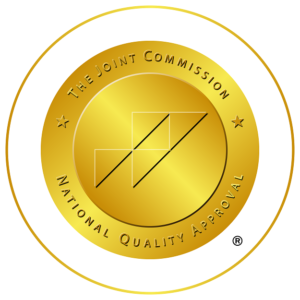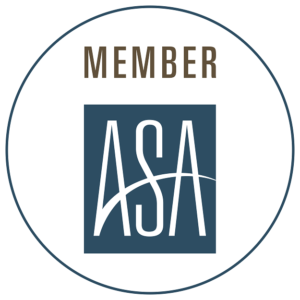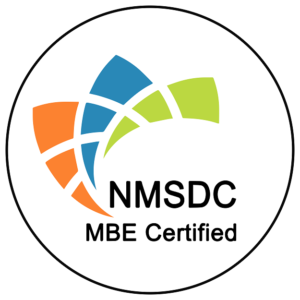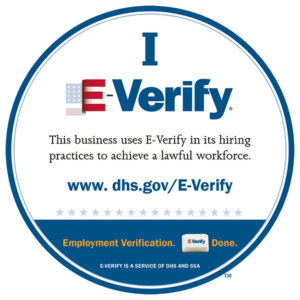In each job interview they conduct, most hiring managers include at least a few behavioral questions. When you are asked these types of questions, what can you expect? The interviewer asks questions about your past employment experiences in a behavioral job interview.
Behavioral interviews are always difficult. It would seem like these kinds of questions are built to trip you up if you’re not prepared. But if you’re ready, these questions can be handled with ease.
A number of behavioral questions may be asked by interviewers
A number of behavioral questions may be asked by interviewers. Could you send me an example of how you encouraged an underperforming subordinate to improve productivity? Examples of interview questions involve Describe a period when you launched a new program that was successful.
Employers are searching for a detailed description of your previous experience. They want to know what it was and how you dealt with the experience. Your answers will provide a hint to the interviewer of how you treat assignments and problems at work.
Preparation
Before an interview, it is difficult for applicants to predict all the potential questions you will be asked. Some would be special to the job you’re being considered for. You should, however, plan for the most likely questions by carefully reviewing the work list and reviewing lists of typical behavioral interview questions.
Take the time to recognize the characteristics of the ideal candidate for that position before going into an interview. Look for a list of credentials in the work description and search for any keywords that give you a clue as to what the employer wants in a job candidate. Then fit your skills to the work, so you’re ready with examples relevant to the employer’s experience and qualifications.
In addition to searching for any information within the work advertisement, if time permits, perform informative interviews with skilled contacts in the field to gain feedback on the preferred talents, knowledge bases, and personal attributes of successful workers in that type of job.
The next move will be to come up with examples from previous experiences that have helped you improve the skills and attributes required for a job, once you get a sense of the questions you might be asked. Build a list of seven to 10 primary assets that make your target job a successful candidate. For each asset, think of an anecdote or tale of how in some situations you have used your strength to add value. As an employee, student, volunteer, or intern, you can use anecdotes from your roles.
How to Answer
Consider using what is called the STAR interview response strategy while preparing responses to behavioral interview questions. To answer questions about past habits at work, it is a four-step method:
-
Situation. Describe or set the stage for the scenario. Explain the place you worked for or the assignment you were given.
-
Task. Describe the problem or issue you have been confronted with.
-
Action. Describe the action that you took to intervene or solve the problem in the situation. This should present the key asset that you want to illustrate.
-
Results. Describe the outcomes generated by your action. Explain how you helped solve the issue or in some way enhance the company.
Conclusion
Emonics LLC will assist you in getting ready for your next job. We give tips and advice to our candidates, and we have ties with some of the region’s biggest employers. Send us a resume, please, and let’s chat! Today, contact us.




